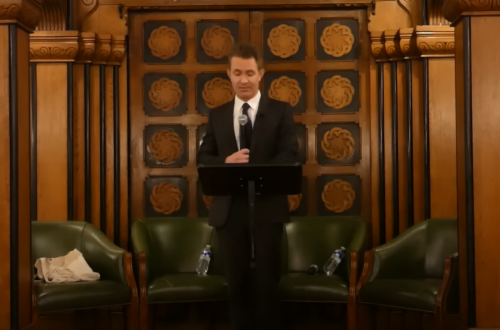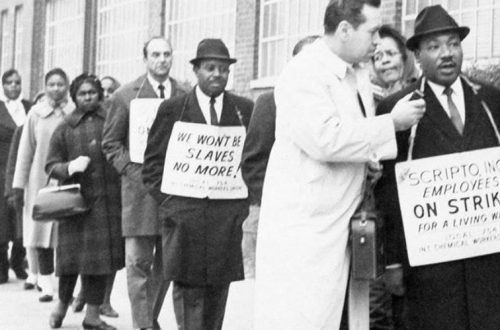A few years ago, under the title “Only in America?” I posted about the first person to earn a PhD in Yiddish and Ashkenazic studies from Ohio State University– an African-American woman named Colleen McCallum-Bonar, whose doctoral dissertation compared the Yiddish poetry of Jewish immigrants to America and the poetry of African-American writers between 1915 and 1935.
Now comes news of Israeli Arabs at Bar-Ilan University studying Yiddish in surprisingly large numbers.
About a quarter of the 400 students studying Yiddish at Bar Ilan are Arabs, says Ber Kotlerman, academic director of Bar Ilan’s Center for Yiddish Studies. According to Kotlerman, some of the Israeli Arabs are searching for a way to connect to the Jewish culture with which they must cope, and it is not easy for them.
“Even Jews in the Diaspora search for this — a way to connect to the local culture — and it is wonderful that Yiddish can be a sort of ambassador, a bridge between nations and cultures,” he says. “Take, for example, the case of Tevye the Dairyman, whose daughter marries a Christian and he sits shiva [the traditional Jewish mourning ceremony] for her. Two years ago, a female Arab student approached me to say that her father would do the same thing if she fell in love with a Jew,” says Kotlerman.
Salam Bashara, 22, of Tira, is currently finishing her undergraduate degree in Arab literature. She explains how the Yiddish language and culture move her greatly.
”I fell in love with Hebrew literature back in high school. When I studied Yiddish, I became acquainted with Sholom Aleicham and the early works of Agnon,” and also watched various films, such as the wonderful movie “The Cantor from Vilna.”
“The cantor’s loss of his son [to the surrounding secular culture] is a universal experience, something that everyone can identify with,” says Bashara, who hopes one day to write her masters thesis on the parallels between Arab and Yiddish literature.
(Hat tip: Jeffrey Goldberg)
Alec adds: See also this recent documentary on BBC4 about the persistence of European Klezmer.


